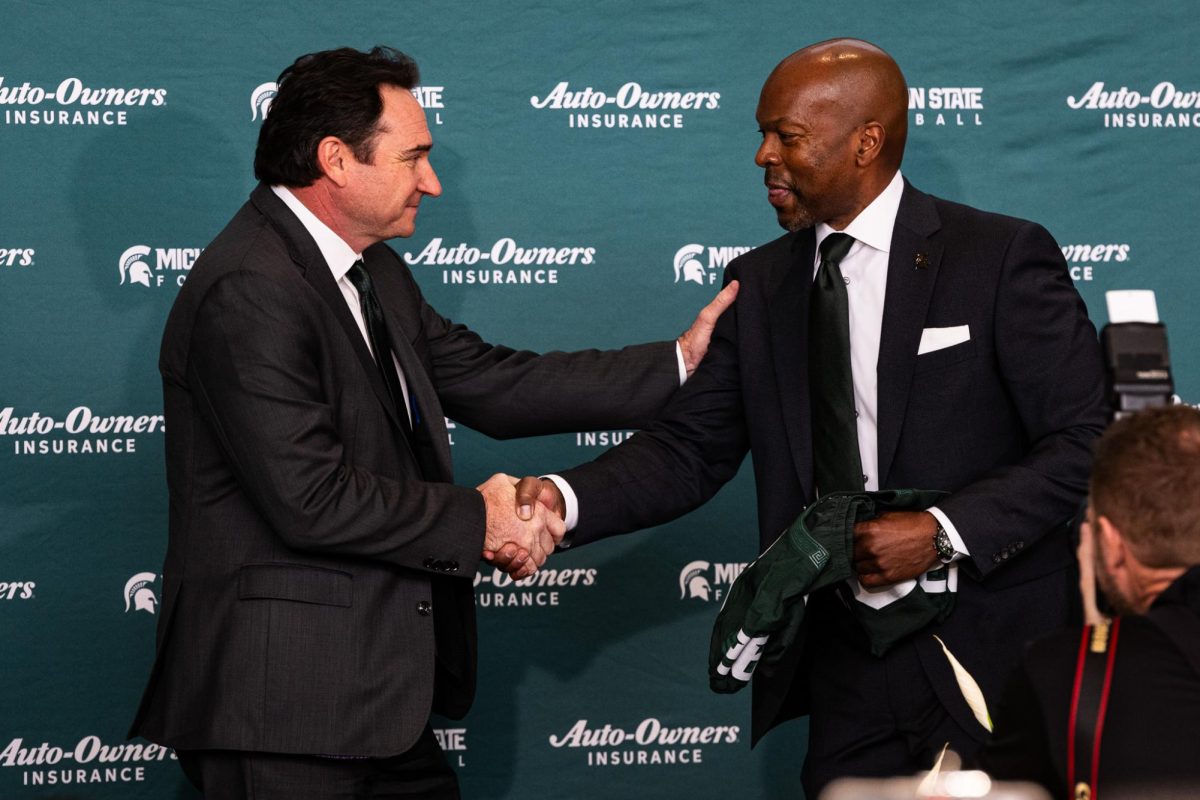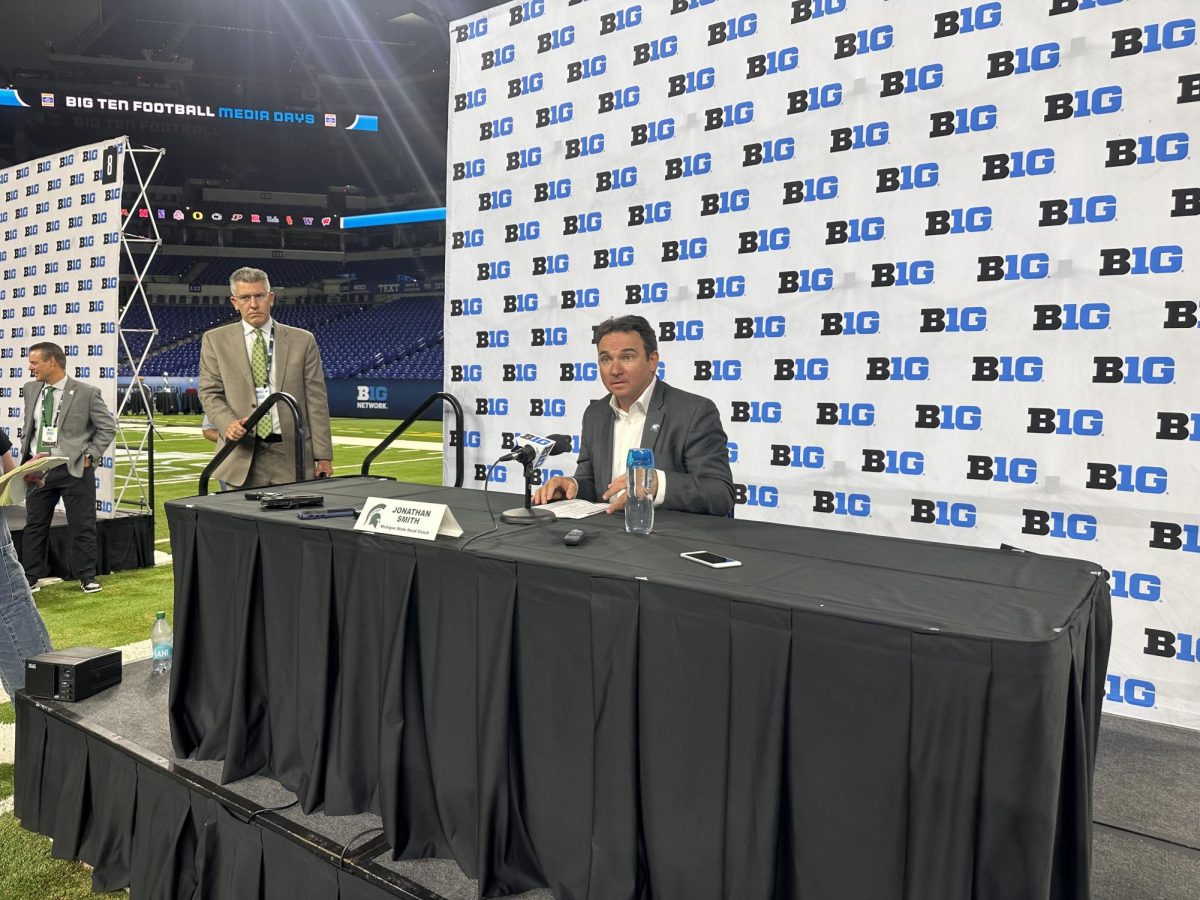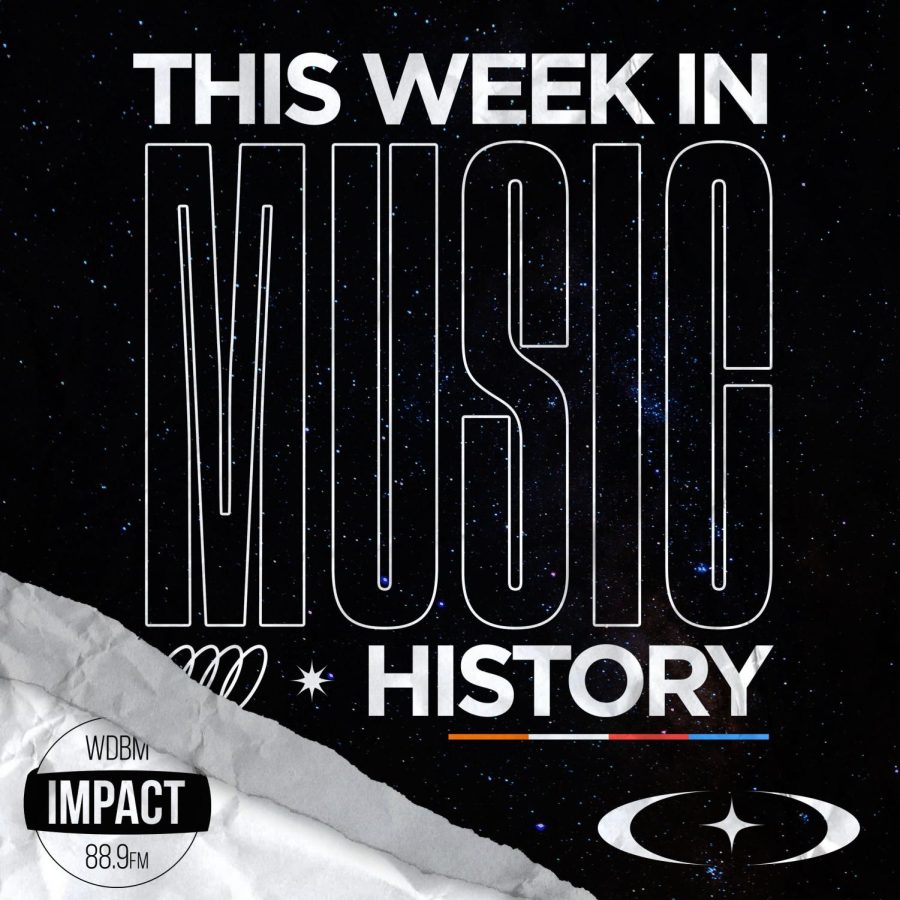On the morning of Sept. 18, 1970, rock legend Jimi Hendrix was found unresponsive in his girlfriend Monika Dannemann’s apartment. He was rushed to the hospital immediately upon discovery, where he was pronounced dead at 12:45 p.m. Post-mortem examination led to the conclusion that he had choked on his own vomit and asphyxiated during the night as a result of taking nine of Dannemann’s prescribed Vesparax sleeping tablets, 18 times the recommended dose. The death wasn’t ruled a suicide, although this has been debated by many of Hendrix’s fans to this day. His passing marked one of the most influential entries into the “27 club” and started mainstream perpetuation of the phenomenon, which is still relevant to this day.
Widely considered the greatest electric guitarist of all time, Hendrix began playing guitar at the age of 15, but saw little success in the music industry until his move to England in 1966, where he was able to secure three U.K. top 10 hits with “Hey Joe,” “Purple Haze” and “The Wind Cries Mary.” His rise to fame in the U.S. would soon follow, owing mainly to his performance at the Monterey Pop Festival in 1967, where the iconic photo of Hendrix burning his guitar was taken. In 1968, he would release his third and final studio album, Electric Ladyland, permanently altering the soundscape of the entire rock genre and beyond when it reached No. 1 on U.S. billboards. This album would be his defining release, leading to worldwide acclaim and the peak of his musical career. He would headline Woodstock ‘69 and the Isle of Wight festival in 1970 before his unfortunate demise.
Sept. 18 will forever be a day of melancholic remembrance for one of the brightest and most powerful musicians that has ever lived. Hendrix may have died on that day, but his legacy lives on through the countless musicians and listeners who have been inspired by his music. While his time in the limelight lasted only four short years, he was able to completely change the trajectory of music forever. And for that, we miss you, Jimi.
~ Shay Gale
On Sept. 19, 1973, alt-country pioneer Gram Parsons died of an overdose in Joshua Tree National Park. Parsons is often credited with founding alt-country and country rock with his pioneering solo albums and albums with the Byrds, Flying Burrito Brothers and Emmylou Harris. Previously, Parsons had confided in his road manager, Phil Kaufman, that he wanted his body cremated and his ashes scattered in Joshua Tree when he died. After his death, Kaufman and Michael Martin — Parsons’ assistant — stole Parsons’ casket and partially cremated his body, leaving his improperly burned remains in the park.
~ Will Misterovich
On Oct. 30, 1984, Bruce Springsteen released one of the most iconic songs of all time: “Born in the U.S.A.” This song was initially meant to be a protest song and a tragic tale of Vietnam War soldiers returning to the United States. However, this was not how the song was often interpreted.
On Sept. 19, 1984, President Ronald Reagan would give a speech to a crowd in Hammonton, New Jersey. During this speech, he would state, “America’s future rests in a thousand dreams inside your hearts. It rests in the message of hope in songs of a man so many young Americans admire: New Jersey’s own Bruce Springsteen. And helping you make those dreams come true is what this job of mine is all about.”
Prior to this speech, Reagan had already asked Springsteen if he was willing to allow him to use “Born in the U.S.A.” in his reelection campaign — a request Springsteen had denied. Steven Van Zandt, a member of the E Street Band, who co-produced the song, told Yahoo that eventually Springsteen had to tell Reagan’s people to stop playing the song to save them any more embarrassment.
~ Reda Samih
Aja debuted on Sept. 23, 1977 by duo Walter Becker and Donald Fagen under the name of Steely Dan. 51 years later, it remains a quintessential album of the ‘70s and perhaps the most important album for yacht rock: a then relatively new genre that drew inspiration from jazz, funk, R&B and soft rock.
The album peaked at No. 3 on the Billboard 200, beat only by Linda Ronstadt’s Simple Dreams and Fleetwood Mac’s Rumours, which was celebrating its 24th week atop the charts. Not just a commercial success, Aja was nominated for Grammys in the “Album of the Year” and “Best Pop Performance by a Duo or Group With Vocals” categories, and it took home the award for “Best Engineered Album – Not Classical.” In 2010, it was recognized for its importance by the Library of Congress.
Listening to Aja, it seems as though it could have been made in a laboratory. It boasted an array of nearly forty guest musicians, and with tracks like “Deacon Blues,” “Black Cow” and “Home at Last,” the album does not have a skip. Its overall warm tones complement the darker moods of each track. A half-century after its release, Aja proudly maintains its status as one of the greatest albums ever made.
~ Liam Comrie
On Sept. 23, 2003 the world watched as one of the most critically acclaimed double albums of all time, Speakerboxxx/The Love Below, was released. Following up the titanic run of albums Outkast had put out thus far, culminating in the timeless Stankonia, was no small task. Yet Andre 3000 and Big Boi were up to the task, with each serving up a solo album and combining them into the gargantuan Speakerboxxx/The Love Below.
Supporting the album – albums? – were some of the group’s most iconic singles: “Hey Ya” and “The Way You Move.” As of today, the album is certified 11 times platinum, and we still play “Hey Ya” on our station all of the time, so I’d say that Outkast delivered, yet again.
~ Sam Kurtzman
Nirvana released their seminal album, Nevermind, 32 years ago on Sept. 24, 1991. The album would go on to shape the musical landscape for the next couple decades, ushering in the mainstream dominance of the Seattle grunge scene and alternative rock in general. Taking influences from ‘80s punk and indie rock, the band revitalized rock music’s rebellious spirit, as the youth at the time resonated with grunge’s introspective and often gloomy themes.
The songs off Nevermind have this melodic yet punky sound accompanied by Kurt Cobain’s sarcastic and darkly humorous lyrics, which give each song a ton of character. “Smells Like Teen Spirit” is by far the most well-known track on the album and in the band’s catalog. It is considered a cultural landmark, as its popularity and less commercial sound challenged rock music norms at the time.
Nirvana would go on to release another album, In Utero, which was also wildly popular, but the band’s success story came to an end with Cobain’s tragic suicide in 1994. While Nirvana was only around for a short time, their influence, specifically from Nevermind, continues to be felt today. It is rare for a musician or band to release something so influential that they completely affect popular music trends.
~ Jack Domenicucci



































